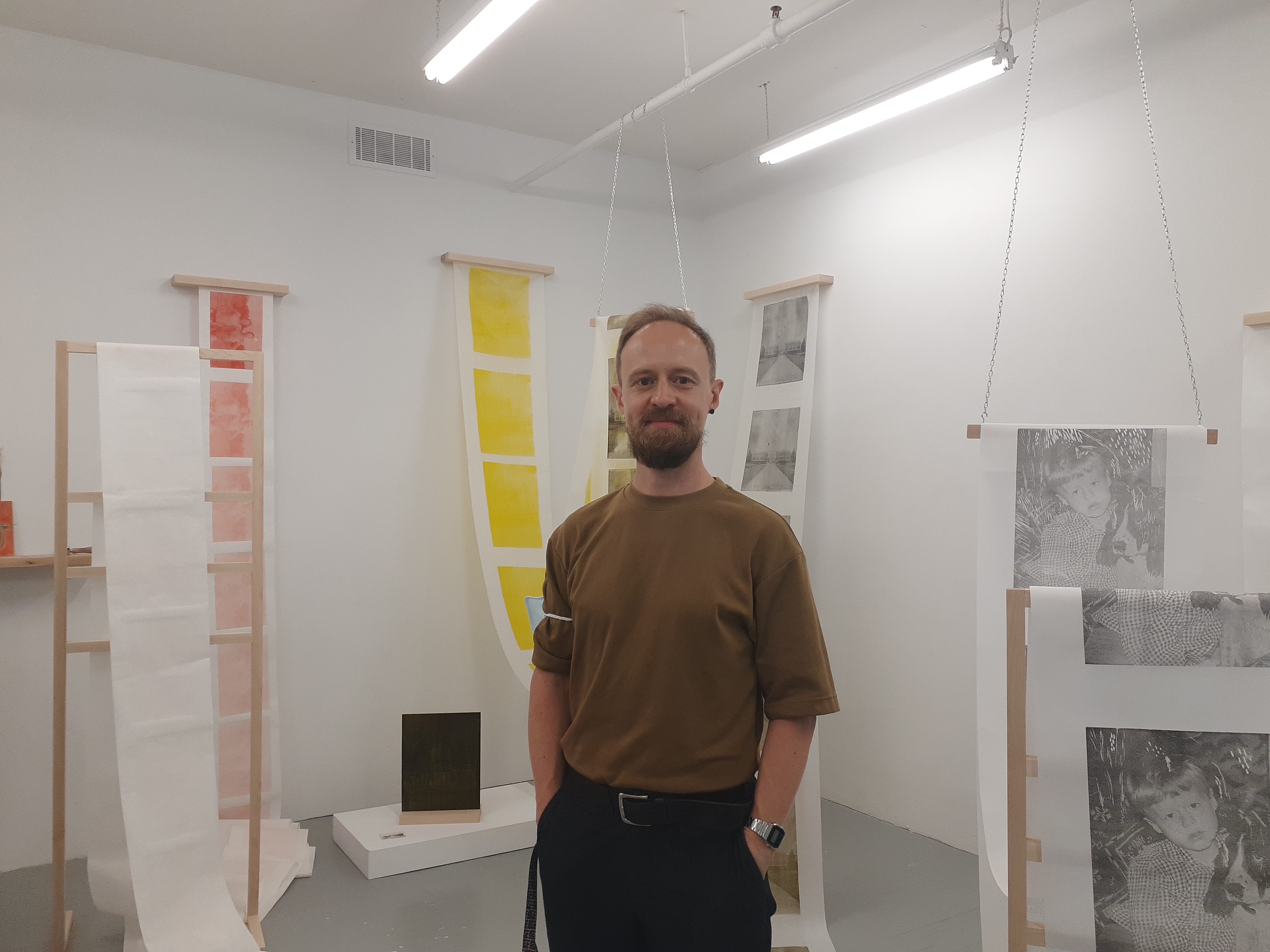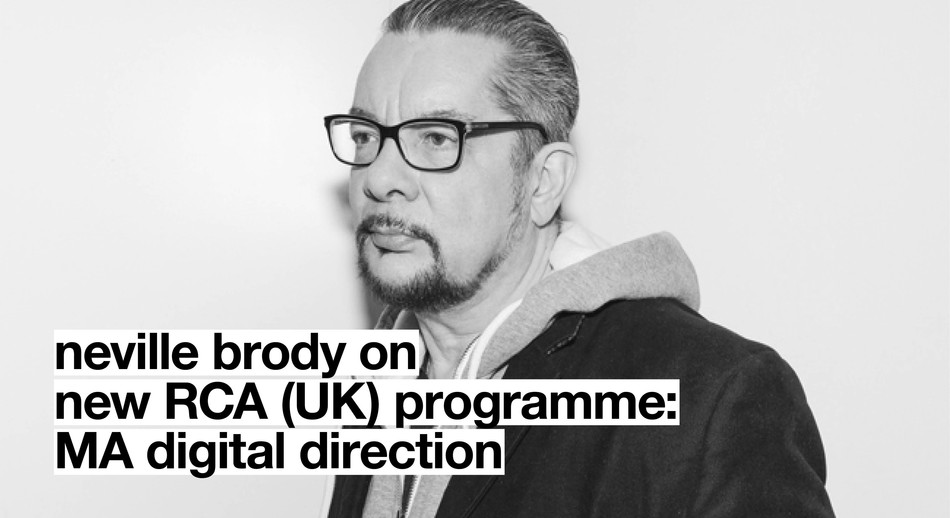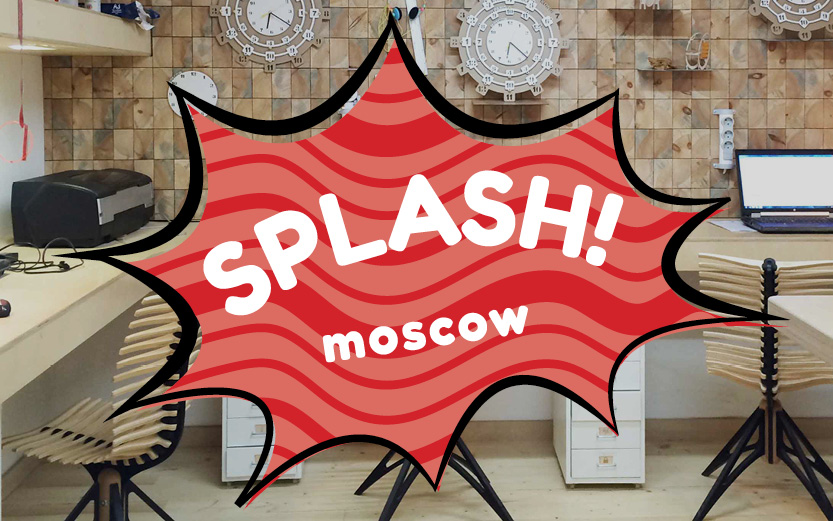Key to Innovation

17.02.2011 Features
Charles Bezerra, Executive Director and Partner, GAD'Innovation (Brazil)
Comparing the evolution and adaptation of life on this planet to the
that of businesses and organisations in the current consumer market,
Charles Bezerra makes the case for innovation as a tool for survival in
his article from DMI's Viewpoints.
A few billion years ago a chemical soup originated life on our planet. Ancient forms of life became more and more sophisticated through three simple mechanisms - mutation, crossover, and selection - fantastically explained by Darwin in 1859. Some organisms began developing neural structures, and eventually the ability to communicate and build tools. We developed design capability, the capability to create something new: art, science, and technology, through which we came to dominate all other life forms. With the ability to create, we accelerated the process even more and gained scale.
We changed everything around us and created a way of life beyond what the planet's resources are able to sustain. Someone might say: "It's because we are so many!" But is it really because of that? According to Michael Braungart, if we compare the human biomass to the biomass of ants, for example, ants weigh proportionately three to four times more than us. It would be the equivalent of 30 billion people on the planet today. Again, someone might say: "And why isn't there enough money for everyone?" Is it lack of money? The trillions of dollars spent on the cold war would be enough for all human beings to live in material comfort; in other words, it is not because we are so many, or because we have no money, but it is because of the way of life we chose.
Technology, communication and competition function in the world today as a process similar to that of natural selection. Technology acts as a mutation mechanism that constantly generates new possibilities. Communication and connectivity allow the combination of ideas, similar to a crossover mechanism. And finally, competition in the marketplace acts as a large selection process that decides what survives and passes on to the next generation. A dynamic that is capable of keeping us in constant revolution and creating this diversity of ideas, products, services and experiences that we are witnessing.
Darwin never said that the strongest or the most intelligent is the one that survives; what he really said was the one who survives is whoever is better prepared for change, in other words, the most adaptable. In a world of extreme competition as we live, people and organisations need to learn to adapt faster and faster.
What determines the success of an organisation is the ability to attract consumer attention to their ideas, products or services. To do that, differentiation is required. The essence of innovation is the search for differentiation - it's to attempt to leave a herd and seek a new alternative. That's something that doesn't occur in technology or anywhere else, but in our minds. It's a capacity that can't be perceived from the outside. No matter age, origin, sex or tie colour, but it involves the ability to navigate without getting lost in the problem, to model the whole and its parts, to ask the right questions at the right time, to win apparent contradictions, to maintain a child's mind, to risk, in order to create and to tell a new story.
Knowledge is the key to opening the doors of innovation and is directly linked to the quality of our sources and intellectual training that we put ourselves through. If we seek radically different ideas, our perspective needs to be radically different. Richard Feynman used to imagine that he was a Martian, and ask, "What would they think if they found such a problem?"
To innovate, a company needs to create the right environment, the right culture to inspire people and enlighten their minds, in order to lead people to reach their full potential. Acquiring machinery, processes and systems has no value if we don't invest in people. This is the most important job for today's leaders. In innovation there are no formulas. Before creating innovations, we need to create the innovators.
This article was originally published by the Design Management Institute (DMI) and has been republished with permission.
![]() About the Author
About the Author
Charles Bezerra, PhD, is executive director and partner of GAD'Innovation, a strategic innovation consultancy in Brazil. He holds a PhD in Design Planning from the Illinois Institute of Technology, and has worked for companies such as Steelcase and Motorola. He has lectured on design and innovation in universities in Brazil, the United States and New Zealand, and has been published in respected international journals and magazines relating to user-centred design and innovation processes. He is the author of The Humble Designer, published in Brazil, and The Innovation Machine, soon to be published in United States.
relatedarticles

03.14.2022 Features
goodbye! and next steps for colleague and friend alexey lazarev

05.27.2020 Features
explorations in ethical design: meditations on equality

05.16.2017 Features
RCA launches new programme: MA Digital Direction

12.14.2016 Features
Interview | Ermolaev Bureau (Moscow)

05.11.2016 Features